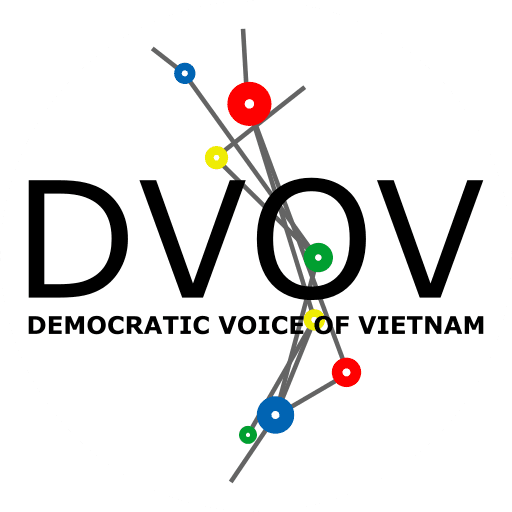In a recent article in Foreign Policy, Dustin Roasa, a long-time observer based in Cambodia, describes Vietnam as “the most repressive country in Southeast Asia” now that Burma has released hundreds of political prisoners and restored a modicum of freedoms (press, opinion, political campaigning, and honest voting) thus opening the way for a return to multiparty democracy.
Among the indicia of Vietnam’s terrible showing in terms of human rights, Roasa cites:
Reporters Without Borders ranks Vietnam last among Southeast Asian countries in its 2011-2012 Press Freedom Index. “By way of comparison, Vietnam is only two spots ahead of China, ranking 172nd out of 179 countries overall.”
Bloc 8406, a homegrown pro-democracy movement styled on Czechoslovakia’s Charter 77, which was founded six years ago and attracted thousands of public supporters and tens of thousand of sympathizers both at home and abroad, has been dealt with mercilessly with “dozens of organizers in jail.”
“In addition, the authorities have targeted religious leaders, including Buddhist monks and Catholic priests, for advocating greater religious tolerance, and they have also in recent years harassed and imprisoned Vietnamese nationalists calling the country to stand up to China.”
Still, in spite of the risks, Roasa tells us, “Vietnamese activists continue to speak out about political pluralism, corruption, and free speech–and end up in prison or as political refugees.”
They thus deserve the world’s support. However, “the West’s feelings of guilt from the war and lingering ideological sympathy for Hanoi among parts of the left” have dampened criticism of Hanoi, which probably explains why with all the gross violations of religious freedom Hanoi still benefits from the State Department’s leniency in refusing to put it back on the CPC (Countries of Particular Concern) List as repeatedly recommended by the independent U.S. Commission for International Religious Freedom.
